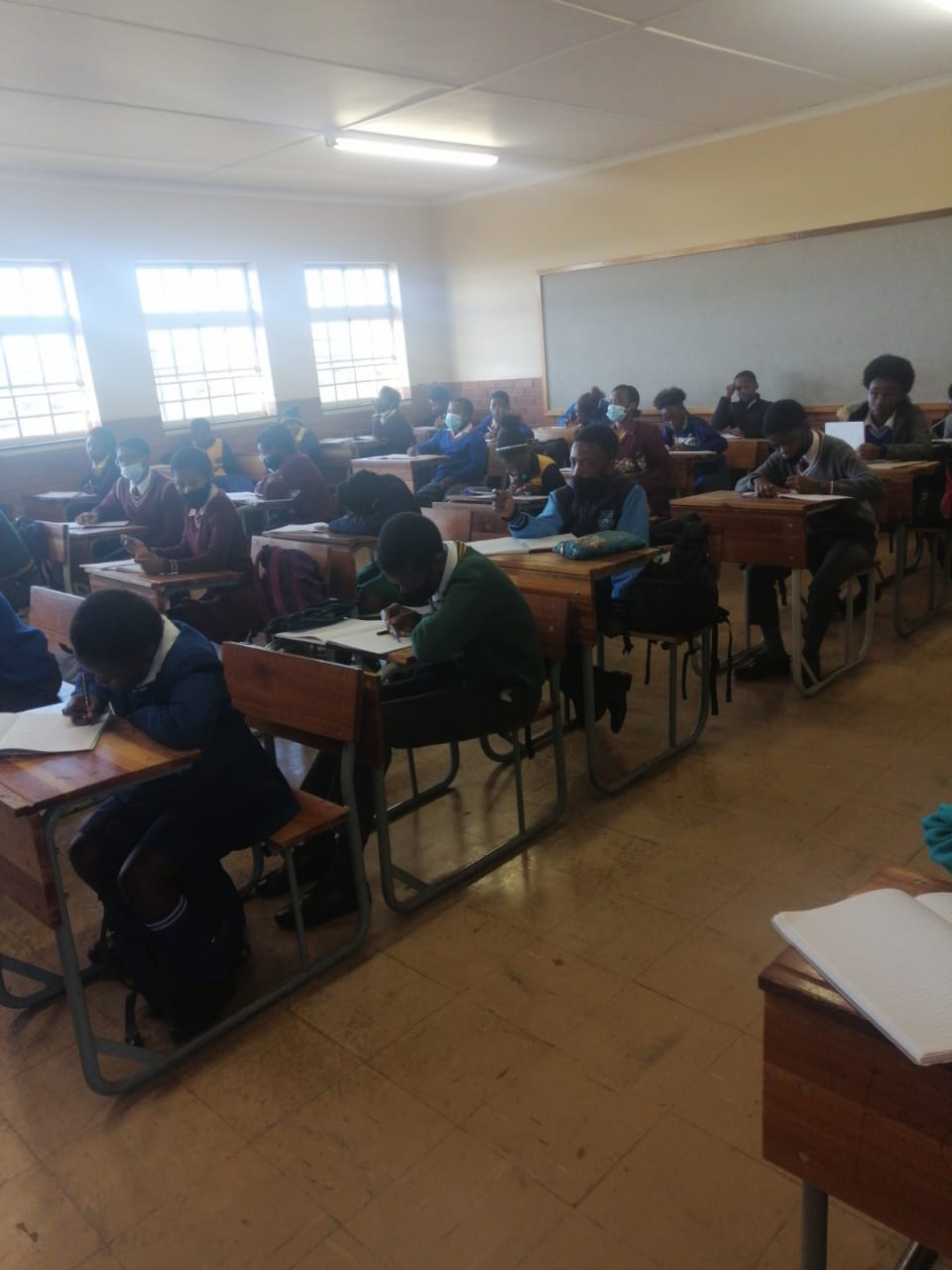Education Challenges in South Africa’s Townships
CAPE TOWN, South Africa — In the early nineties, apartheid came to an end in South Africa. The scars of apartheid, however, remain especially present in South Africa’s townships. Townships, used as a method to segregate black South Africans through the Group Areas Act of 1950, are located on the outskirts of urban areas and provide large populations with small portions of land.
It is a long established fact that a reader will be distracted by the readable content of a page when looking at its layout. The point of using Lorem Ipsum is that it has a more-or-less normal distribution of letters, as opposed to using 'Content here, content here', making it look like readable English.
Despite the end of apartheid, townships continue to isolate many black South Africans from resources including public utilities, transportation and adequate education. The South African Schools Act of 1996 established a precedent for equal education among children of all races and gender, but the overall marginalization of townships does not allow for true equality.
There are many variations of passages of Lorem Ipsum available, but the majority have suffered alteration in some form, by injected humour, or randomised words which don't look even slightly believable.
If you are going to use a passage of Lorem Ipsum, you need to be sure there isn't anything embarrassing hidden in the middle of text. All the Lorem Ipsum generators on the Internet tend to repeat predefined chunks as necessary, making this the first true generator on the Internet.
It uses a dictionary of over 200 Latin words, combined with a handful of model sentence structures, to generate Lorem Ipsum which looks reasonable. The generated Lorem Ipsum is therefore always free from repetition, injected humour, or non-characteristic words etc.
Diepsloot Khan Academy
According to Mandy DeWaal’s article, “SA’s broken education system—Diepsloot’s Khan Academy may have answer,” a large gap in the student-teacher ratio contributes to a large portion of townships’ educational shortcomings. Overcrowding in classrooms detracts from student attention and students easily fall behind without their teachers’ acknowledgement.
Furthermore, as a result of overcrowding, teachers in townships must focus on participation rather than comprehension. Teachers strive to engage all the students rather than working one-on-one with students who do not understand a specific concept.
South African Education Project’s 2012 Annual Report
According to the South African Education Project’s 2012 Annual Report, township high schools do not have access to computers. As computer skills are essential to students’ future search for employment, some townships are currently working with outside programs to incorporate computer literacy in students’ education.
For instance, the Khan Academy, a nonprofit organization that provides free online education, launched the OLICO Youth project in Diepsloot, a township in Johannesburg. The program, established in 2012, uses computers to improve mathematics performance, and continues to show success for participating students.
University of the Free State 2014
In 2014 the University of the Free State’s education faculty reported an increase in bullying by teachers against other teachers in South African schools. While bullying does not pertain solely to township schools, it compounds with already existing issues and presents more challenges for teachers and students in disadvantaged schools. In regard to the report, Dr. Lynette Jacobs, a School of Education Studies lecturer, indicated that teachers working at disparaging schools had higher levels of stress, making them more susceptible to bullying issues.
Apartheid has left behind numerous challenges for township education. Until national policy acknowledges these obstacles, students and teachers must look to outside programs to supplement townships’ education systems.

